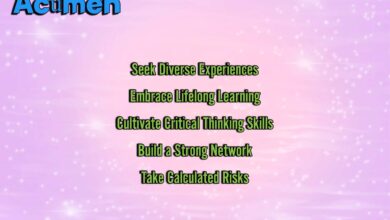Have you ever wished you could draw but felt like you missed your chance? As an adult, it’s easy to believe that the time for learning new skills has passed. However, the truth is that with dedication and the right resources, you can develop your drawing skills at any age. By embracing a growth mindset and committing to consistent practice, you’ll be amazed at the progress you can make.
Misconceptions about Drawing Ability
One of the most significant barriers to learning to draw as an adult is the belief that artistic talent is innate. In reality, drawing is a skill that can be developed through practice and perseverance – especially if you get the top drawing books for beginners. While some individuals may have a natural inclination towards art, anyone can learn the fundamentals and improve their abilities with the best books for learning to draw. Embracing a growth mindset is essential, as it allows you to view challenges as opportunities for learning and development.
Benefits of Learning to Draw as an Adult
Learning to draw as an adult offers numerous benefits beyond just acquiring a new skill. Engaging in creative activities like drawing can provide a much-needed outlet for stress relief and promote overall mental well-being. As you develop your skills, you’ll also find that drawing enhances your problem-solving abilities and encourages you to see the world in new ways. Moreover, joining a community of like-minded artists can lead to new friendships and a sense of belonging.
Getting Started with Drawing Practice
To begin your drawing journey, start by setting realistic goals and expectations. Recognise that progress takes time and be patient with yourself as you learn. Gather essential supplies like quality pencils, paper, and erasers, and seek out beginner-friendly resources to guide your practice. Books on how to draw such as “Drawing on the Right Side of the Brain” by Betty Edwards and “Keys to Drawing” by Bert Dodson are excellent options for those just starting. Dedicate time to regular practice, even if it’s just a few minutes each day, to build a consistent habit.
Fundamental Drawing Skills to Focus On
As you embark on your drawing practice, focus on developing fundamental skills that will serve as a foundation for more advanced techniques. One of the most crucial aspects of drawing is learning to see shapes and lines rather than objects. This process, known as observational drawing, involves breaking down complex subjects into simple forms. Understanding proportions and perspective is also essential for creating realistic drawings. Additionally, experimenting with shading techniques will help you add depth and dimension to your work. Don’t be afraid to explore different subject matters, such as still life, landscapes, and portraits, to discover what inspires you most.
Overcoming Challenges and Plateaus
Learning to draw as an adult comes with its own set of challenges. Frustration and self-doubt are common experiences, especially when progress feels slow. To overcome these obstacles, it’s essential to develop strategies for pushing through creative blocks. One approach is to embrace constructive self-critique, focusing on identifying areas for improvement rather than judging your work harshly.
Seeking feedback from others, whether through art classes or online communities, can also provide valuable insights and encouragement. Celebrating your progress, no matter how small, will help maintain your motivation and keep you engaged in the learning process.
Remember that creating art is a deeply personal experience. Focus on the joy of the process and the satisfaction of personal fulfilment rather than striving for perfection.





